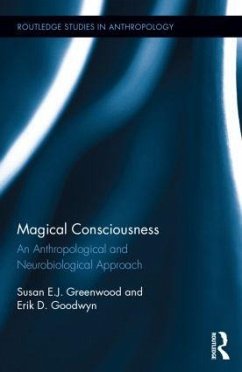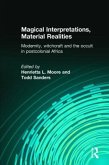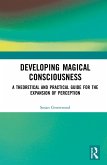How does a mind think magically? The research documented in this book is one answer that allows the disciplines of anthropology and neurobiology to come together to reveal a largely hidden dynamic of magic. Magic gets to the very heart of some theoretical and methodological difficulties encountered in the social and natural sciences, especially to do with issues of rationality. This book examines magic head-on, not through its instrumental aspects but as an orientation of consciousness. Magical consciousness is affective, associative and synchronistic, shaped through individual experience within a particular environment. This work focuses on an in-depth case study using the anthropologist's own experience gained through years of anthropological fieldwork with British practitioners of magic. As an ethnographic view, it is an intimate study of the way in which the cognitive architecture of a mind engages the emotions and imagination in a pattern of meanings related to childhood experiences, spiritual communications and the environment. Although the detail of the involvement in magical consciousness presented here is necessarily specific, the central tenets of modus operandi is common to magical thought in general, and can be applied to cross-cultural analyses to increase understanding of this ubiquitous human phenomenon.
Hinweis: Dieser Artikel kann nur an eine deutsche Lieferadresse ausgeliefert werden.
Hinweis: Dieser Artikel kann nur an eine deutsche Lieferadresse ausgeliefert werden.









